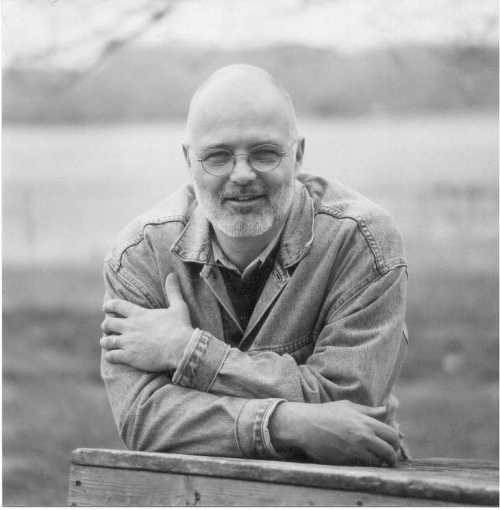New musical discovery: Brian McLaren
For those who like soft folky singersongwriterstuff with a seventies sound, I’ve found this onscure gem on a site that archives old and rare christian records: an album called ‘learning to love’ by some guy called Brian McLaren. He seems to have made only one record, back in 1978, filled with christian inpired dreamy acoustic folk & rock.

Brian McLaren - learning to love
So how does it sound? Mostly like soft acoustic mellow folky music of the kind that had a revival some years ago with the ‘quiet is the new loud’ movement, but with Christian insipired lyrics… If we’d do a more ‘classical’ namedropping it would fit somewhere between the acoustic John Michael Talbot, Nick Drake, and sometimes some Larry Norman or Neil Young… I don’t say it’s as good as those names, but there something in the sound that reminds me of them. Brian seems to be a skilled guitarplayer, and the arrangements are quite good. My favorites are the Larry Norman-like ‘publican and pharisee’ and the acoustic talking blues ‘depersonalisation blues’.
It’s a shame that this album was never re-released on Cd, I find it actually quite good for christian music from the seventies(I say that as someone who is very critical of so-called Christian ‘music’…) Anyway I’m very glad that the heavenly grooves have made it available in 320kbps mp3 format. check it out here
such a shame nobody has ever heard of this guy… I wonder what he’d be doing right now. aging and without hair he probably would look like this:

an older guy
Wait, what did you say he was called???
shalom
Bram
